ways to
do things
(a review)
whoami
- @gonzaloserrano
- gopher at Lernin Games, ex Social Point
- golangbcn meetup organizer
- slack.bcneng.net cheerleader
who is Peter
- @peterbourgon
- distsys & infra engineering at Fastly
- https://peter.bourgon.org
- "Go best practices, six years in"
- https://github.com/go-kit/kit
- https://github.com/oklog/oklog
- https://github.com/oklog/run

Ways to do things

3 parts
- Actor stuff
- Running stuff
- Orchestration stuff
Do What Things?

What to Do with the Things
- start
- run
- cancel
- finish
- restart
How to Do the Things
- concurrently
- correctly
- in a testeable way

examples #1
-
one thing
-
several things
-
several concurrent things
- no control
- client side control
- server side control
examples #2
cancelation
-
orchestration via channels
-
close chan pattern
-
context.Done()
example #3
provides synchronization, error propagation, and Context cancelation for groups of goroutines working on subtasks of a common task
Go calls the given function in a new goroutine.
The first call to return a non-nil error cancels the group; its error will be returned by Wait.
Actors are defined as a pair of functions: an execute function [...] and an interrupt function [...] Finally, invoke Run, which blocks until the first actor returns.
Package run is somewhat similar to package errgroup, except it doesn't require actor goroutines to understand context semantics.
erlang's
a primer on
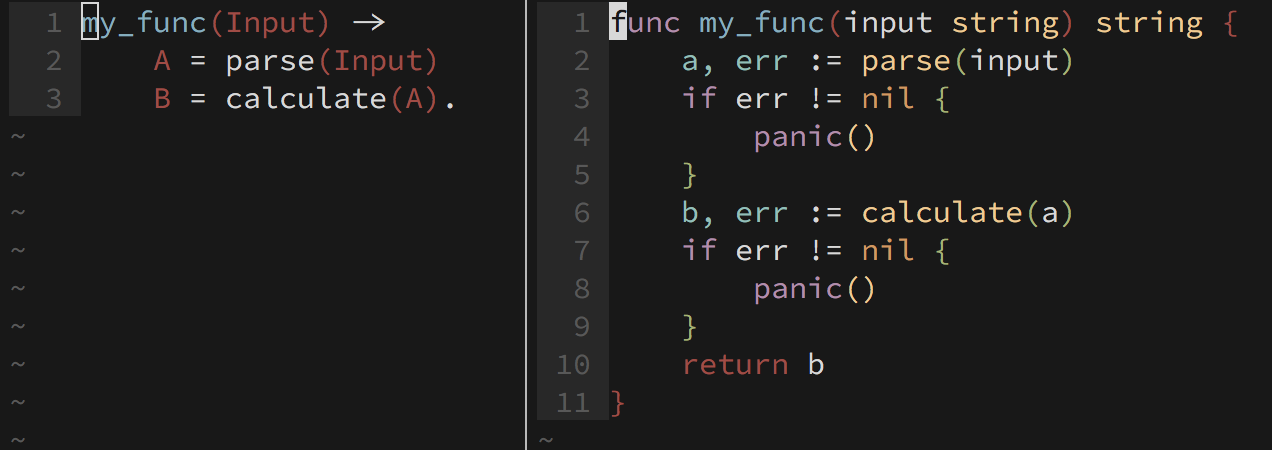
erlang
golang
actors/gen_server -
call() / cast() -
handle_call() / handle_cast()
goroutines -
buffered/unbuffered channels
{
Supervisors
If supervisors are supposed to be processes which do nothing but make sure their children are restarted when they die, workers are processes in charge of doing actual work, and that may die while doing so. They are usually not trusted.
Supervision trees

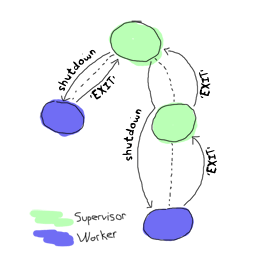
Restart strategies
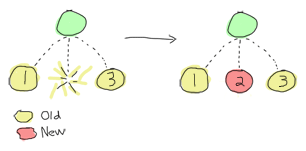
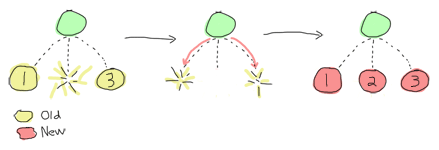
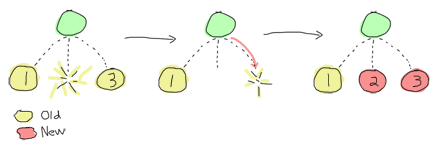
one for one
one for all
rest for one
@TODO
a lib with a mix of:
- errgroup-like context support
- multiple restart strategies like erlang/OTP
- other lifecycle states: ready, stopping (@jhvaras)
Conclusions
- Conhardcurrisency
- Do concurrent tests for concurrent code
- Watch Peter's talk
- Learn from the masters (not me lol)